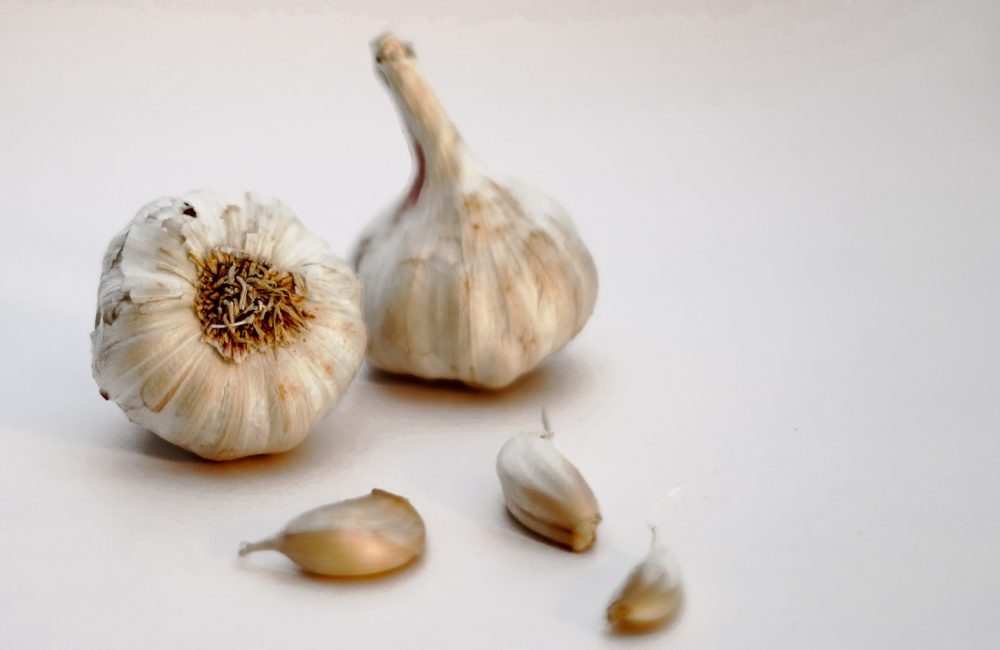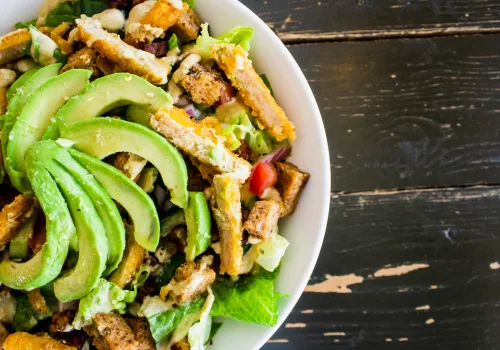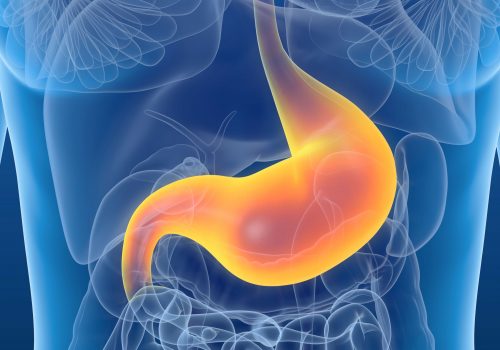Managing high blood pressure is more than just cutting out salt—it’s about embracing a diet rich in nutrients that promote heart health. By incorporating specific foods into your meals, you can actively work towards maintaining a healthy blood pressure level. Let’s dive deeper into how you can make heart-friendly choices every day.
Foods Rich in Potassium
Potassium plays a pivotal role in balancing sodium levels in the body, which is crucial for maintaining healthy blood pressure. Let’s explore some potassium-rich foods and how you can incorporate them into your diet.
1. Bananas
Bananas are an easy go-to snack that can be added to breakfasts or eaten on the move. With approximately 422 mg of potassium per medium banana, they are a convenient choice. Try slicing bananas over whole-grain cereals or blending them into smoothies for a potassium boost.
2. Sweet Potatoes
These vibrant tubers aren’t just for Thanksgiving. Sweet potatoes pack a punch with about 541 mg of potassium per medium potato. For a savory treat, bake them with a sprinkle of cinnamon and a touch of honey, or mash them as a side dish.
3. Spinach
Spinach is a versatile leafy green that can be tossed into salads, blended into smoothies, or sautéed as a side. One cup of cooked spinach contains around 839 mg of potassium. Consider a spinach and feta omelet for breakfast or add spinach to your pasta dishes for an extra nutrient kick.
4. Avocados
Avocados are not only creamy and delicious but also rich in potassium, with one avocado offering about 975 mg. Mash them into a spread for whole-grain toast, or dice them over salads. For a fun twist, make avocado salsa with diced tomatoes and lime juice.
Whole Grains
Whole grains are an excellent source of fiber, which is essential for heart health and blood pressure regulation. Let’s explore how these grains can be incorporated into your diet.
1. Brown Rice
Brown rice is a staple that pairs well with a variety of dishes. It provides about 218 mg of potassium per cup and ample fiber. Use it as a base for stir-fries or as an accompaniment to grilled fish or chicken.
2. Quinoa
Quinoa is a complete protein and a fantastic gluten-free grain option. It offers about 318 mg of potassium per cup when cooked. Add quinoa to salads or serve it as a side dish with a squeeze of lemon for flavor.
3. Whole Wheat Bread
Whole wheat bread is a fiber-rich alternative to white bread. Look for labels that list whole grains as the first ingredient. Use it for sandwiches or toast topped with avocado or nut butter.
Leafy Green Vegetables
Leafy greens are nutrient powerhouses. Rich in magnesium, calcium, and potassium, they support healthy blood pressure levels.
1. Kale
Kale is a nutrient-dense superfood that can be enjoyed raw, sautéed, or baked into chips. A cup of cooked kale provides approximately 296 mg of potassium. Add it to soups or salads for a hearty, healthy meal.
2. Swiss Chard
Swiss chard, with its colorful stalks, is not only visually appealing but also nutritious. One cup of cooked chard contains around 961 mg of potassium. Sauté it with garlic and olive oil for a tasty side dish.
Fatty Fish
Fatty fish are rich in omega-3 fatty acids, which help reduce blood pressure and inflammation.
1. Salmon
Salmon is a popular choice that can be prepared in numerous ways—grilled, baked, or broiled. It’s high in omega-3s, which support cardiovascular health. Serve it with a side of leafy greens or whole grains for a balanced meal.
2. Mackerel
Mackerel offers a bold flavor and is packed with omega-3s. Try grilling mackerel with a squeeze of lemon and a sprinkle of dill for a refreshing dish.
3. Sardines
Sardines are small but mighty when it comes to nutrient content. They are perfect for topping whole grain crackers or adding to salads. Rich in omega-3s and calcium, they are a convenient option for a quick snack or meal addition.
Berries
Berries are not only delicious but also packed with antioxidants and polyphenols that support heart health.
1. Blueberries
Blueberries are known for their brain-boosting and heart-supporting properties. Add them to yogurt, oatmeal, or enjoy them as a snack. Their rich color indicates a high level of anthocyanins, which help reduce blood pressure.
2. Strawberries
Strawberries are high in vitamin C and antioxidants. Slice them over salads, blend them into smoothies, or enjoy them fresh. They offer a sweet way to get your daily dose of fiber and vitamins.
3. Raspberries
Raspberries provide a tart flavor and are excellent as a topping for cereals or desserts. They are rich in fiber and antioxidants, aiding in heart health and blood pressure management.
Garlic
Garlic has been used for centuries for its health benefits. It contains allicin, a compound that helps relax blood vessels and improve circulation.
1. Cooking with Garlic
Incorporate garlic into your meals by adding it to stir-fries, soups, or roasted vegetables. Its pungent flavor enhances dishes while providing cardiovascular benefits.
2. Garlic Supplements
For those who prefer a less pungent option, garlic supplements can offer a convenient way to benefit from its properties. Be sure to consult with a healthcare provider to determine the right dosage for you.
Additional Tips for Managing High Blood Pressure
Beyond incorporating specific foods, there are several lifestyle changes and practices you can adopt to further support healthy blood pressure levels.
1. Regular Exercise
Engage in at least 150 minutes of moderate-intensity aerobic exercise each week. Activities like walking, cycling, or swimming can improve cardiovascular health and help manage weight.
2. Stress Management
Chronic stress can contribute to high blood pressure. Practice relaxation techniques such as deep breathing, meditation, or yoga to help reduce stress levels.
3. Maintain a Healthy Weight
Achieving and maintaining a healthy weight can significantly impact blood pressure. A balanced diet combined with regular exercise can aid in weight management.
4. Limit Alcohol and Caffeine
Both alcohol and caffeine can raise blood pressure. Limit alcohol to moderate levels and monitor caffeine intake to see how it affects your blood pressure.
5. Reduce Sodium Intake
While adding potassium-rich foods is beneficial, it’s also crucial to monitor sodium intake. Aim to consume less than 2,300 mg of sodium per day, and be mindful of hidden sodium in processed foods.
Common Mistakes and How to Avoid Them
When managing blood pressure through diet, there are common pitfalls to watch out for.
1. Overlooking Portion Sizes
Even healthy foods can contribute to weight gain if portion sizes are not controlled. Use smaller plates and be mindful of serving sizes to avoid overeating.
2. Ignoring Food Labels
Processed foods often contain hidden sodium and sugars. Always read food labels to ensure you’re making informed choices and avoiding excessive sodium.
3. Relying on Supplements Alone
While supplements can be helpful, they should not replace a balanced diet. Aim to get nutrients from whole foods as much as possible for the best health outcomes.
4. Skipping Meals
Skipping meals can lead to overeating later in the day. Try to maintain regular meal patterns to keep energy levels stable and avoid unnecessary snacking.
Conclusion
Managing high blood pressure through diet is a sustainable and effective approach. By focusing on nutrient-rich foods and making mindful lifestyle choices, you can support your heart health and enhance your overall well-being. Remember, small changes can lead to significant improvements over time, so start incorporating these foods and tips into your daily routine today.






